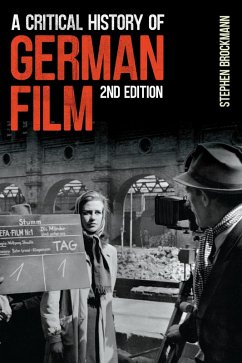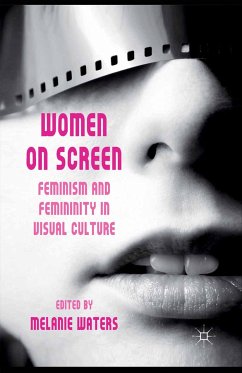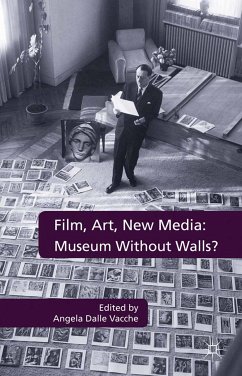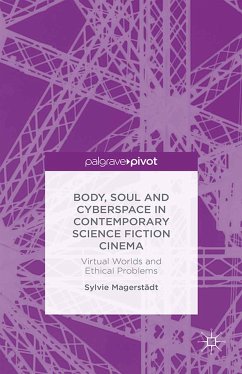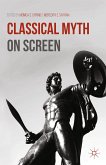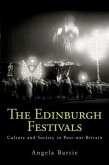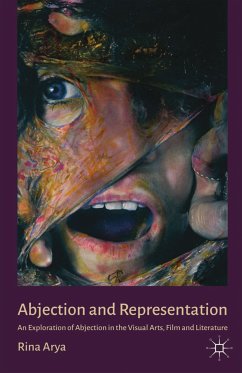The most comprehensive, readable history of German cinema now appears in an expanded, up-to-date new edition that is particularly useful for students and teachers of German film history.
From early masterpieces such as The Cabinet of Dr. Caligari (1920) and Metropolis (1927) to the post-1945 films of Fassbinder, Herzog, and Wenders, German film constitutes a crucial part of the history of world cinema. It helped to shape Hollywood cinema and had a major impact on other cinemas as well. This tried and tested book, popular in college classrooms and among general-interest readers, is the most comprehensive and readable introduction to the history of German cinema, specifically designed to meet the needs of those who want a comprehensible, accessible introduction to the subject. There is no other book that covers the history of German cinema in the same depth and also explores the genesis and meaning of the most important masterpieces in German film history. It does so in chapters devoted to each of thirty-two individual films and in seven interchapters that provide context for historical periods from early German cinema to postunification. The book now appears in an improved, expanded, and up-to-date second edition that covers five additional films, expands the coverage of women's cinema, and brings the history of filmmaking in Germany up to the present moment. The book is specifically designed to appeal to cinema aficionados and for use in college classrooms, where it has been greeted with acclaim by students and teachers alike.
Stephen Brockmann is Professor of German at Carnegie Mellon University.
Hinweis: Dieser Artikel kann nur an eine deutsche Lieferadresse ausgeliefert werden.
From early masterpieces such as The Cabinet of Dr. Caligari (1920) and Metropolis (1927) to the post-1945 films of Fassbinder, Herzog, and Wenders, German film constitutes a crucial part of the history of world cinema. It helped to shape Hollywood cinema and had a major impact on other cinemas as well. This tried and tested book, popular in college classrooms and among general-interest readers, is the most comprehensive and readable introduction to the history of German cinema, specifically designed to meet the needs of those who want a comprehensible, accessible introduction to the subject. There is no other book that covers the history of German cinema in the same depth and also explores the genesis and meaning of the most important masterpieces in German film history. It does so in chapters devoted to each of thirty-two individual films and in seven interchapters that provide context for historical periods from early German cinema to postunification. The book now appears in an improved, expanded, and up-to-date second edition that covers five additional films, expands the coverage of women's cinema, and brings the history of filmmaking in Germany up to the present moment. The book is specifically designed to appeal to cinema aficionados and for use in college classrooms, where it has been greeted with acclaim by students and teachers alike.
Stephen Brockmann is Professor of German at Carnegie Mellon University.
Dieser Download kann aus rechtlichen Gründen nur mit Rechnungsadresse in A, D ausgeliefert werden.
Hinweis: Dieser Artikel kann nur an eine deutsche Lieferadresse ausgeliefert werden.

